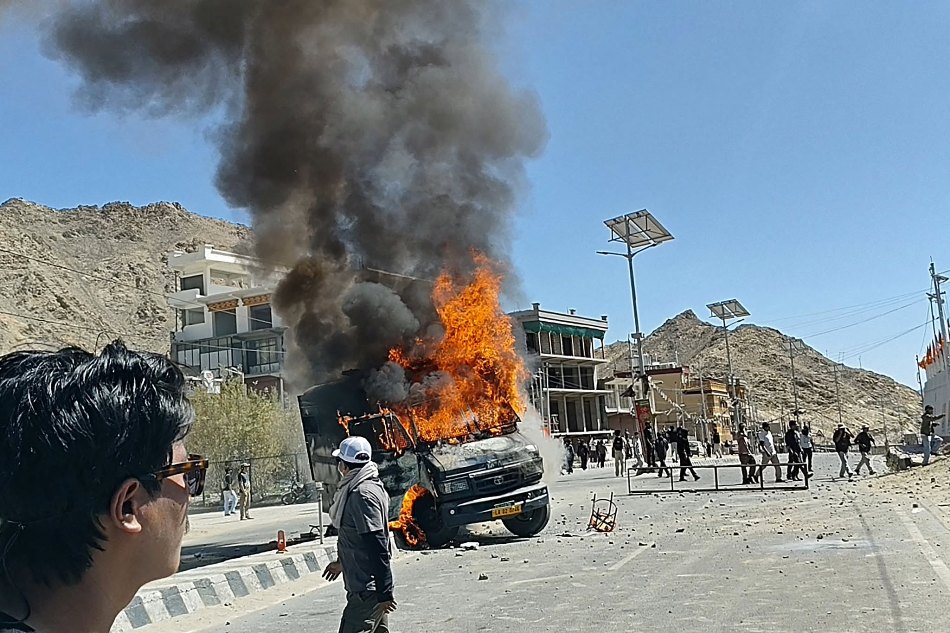Transport syndicates
Traffic police attribute 90 percent of road accidents in Nepal to transport syndicates. Nearly all the major road routes in the country are controlled by these syndicates, which are effectively running a parallel government. They bar the entry of new operators, forcing passengers into old buses and microbuses, where they are packed like well-stuffed bottles of gundruk. The bus accident in Kavre district that killed 27 people on Monday has also been attributed to a local syndicate. It was one of their old buses and literally brimful of people: in a bus with a seating capacity of 30, over 90 people were packed. Were it not for these syndicates, our public vehicles would be a lot more comfortable and cheaper as they would all have to compete for the same passengers. But the aging vehicles that should have been removed from the roads long ago continue to sputter on, greatly inconveniencing passengers and adding to air pollution. The reason successive governments have failed to act against these transport syndicates, despite the Supreme Court declaring them illegal, is because of their close relations with different political parties which act as their unofficial patrons.
It would not be wrong to say that the consumers in Nepal have next to no right, despite there being a plethora of laws to protect their interests.
Otherwise, these syndicates would not be allowed to operate parallel governments that arbitrarily set transport fares and control nearly the whole of the passenger-vehicle market in Nepal. Unsurprisingly, whenever there is an increase in the prices of petro products, these syndicates swiftly raise their fares. But when the prices of these products come down—and these prices have steadily declined over the past six months—the bus fares are never reduced. Separately, the old buses these syndicates ply wouldn’t be such a big problem if we had good roads and easily navigable terrains. But the dismal state of our major highways, built over some of the most difficult terrains in the world, make these old, creaky buses booby-traps. As happened in Kavre on Monday, it is not that difficult for old, overweight buses operating on these dangerous roads to skid out of control, particularly during the monsoon when the roads are also slippery.
The most alarming fact of this sordid saga is that successive governments, instead of working to dismantle these illegal syndicates, have been actively protecting them. In places like Kavre you are eligible to import new vehicles only if you register with the government-approved syndicates.
In Pokhara, there have been many efforts by private sector to run tourist-friendly tour and long-distance buses, but each time local transport syndicates have stymied their efforts. If Nepal is a market economy, as its consumer protection laws strongly suggest, there is absolutely no place for these syndicates. Not only are they great dangers to public safety, they are also a big drag on the economy, which, after last year’s earthquakes and the blockade, desperately needs the government to come to its rescue. It’s a straightforward case of public interest, thus a test case for the new Pushpa Kamal Dahal-led government. Does the prime minister have the guts to take on these criminals?
Govt still not serious on the country’s ongoing serious economi...






































